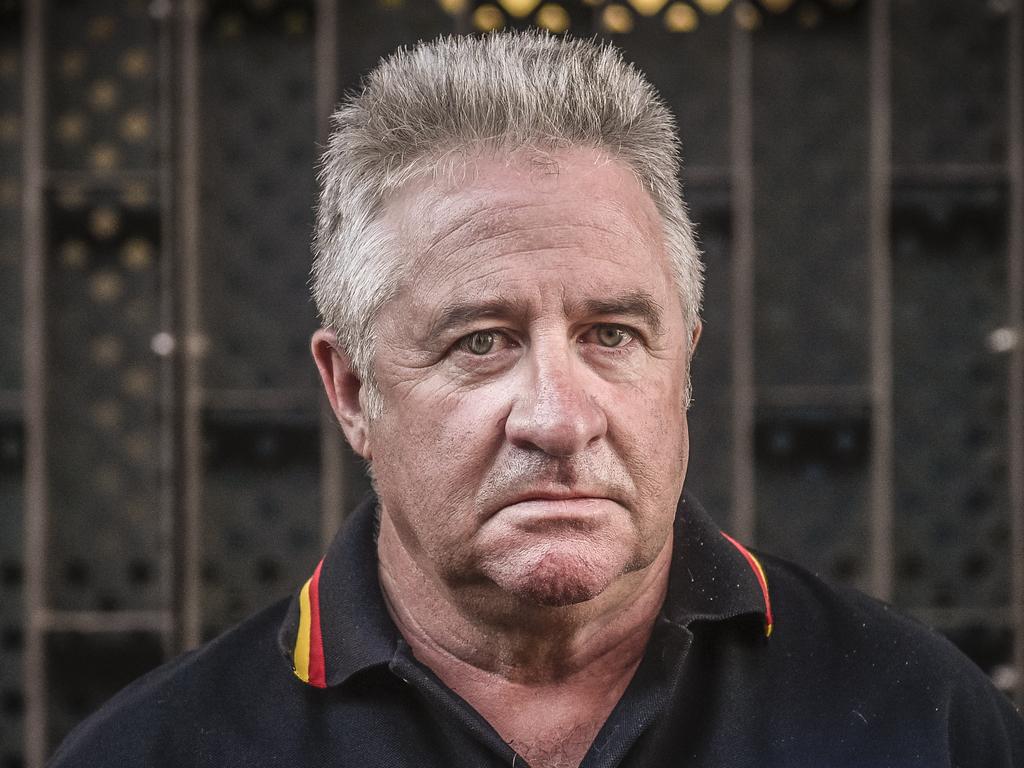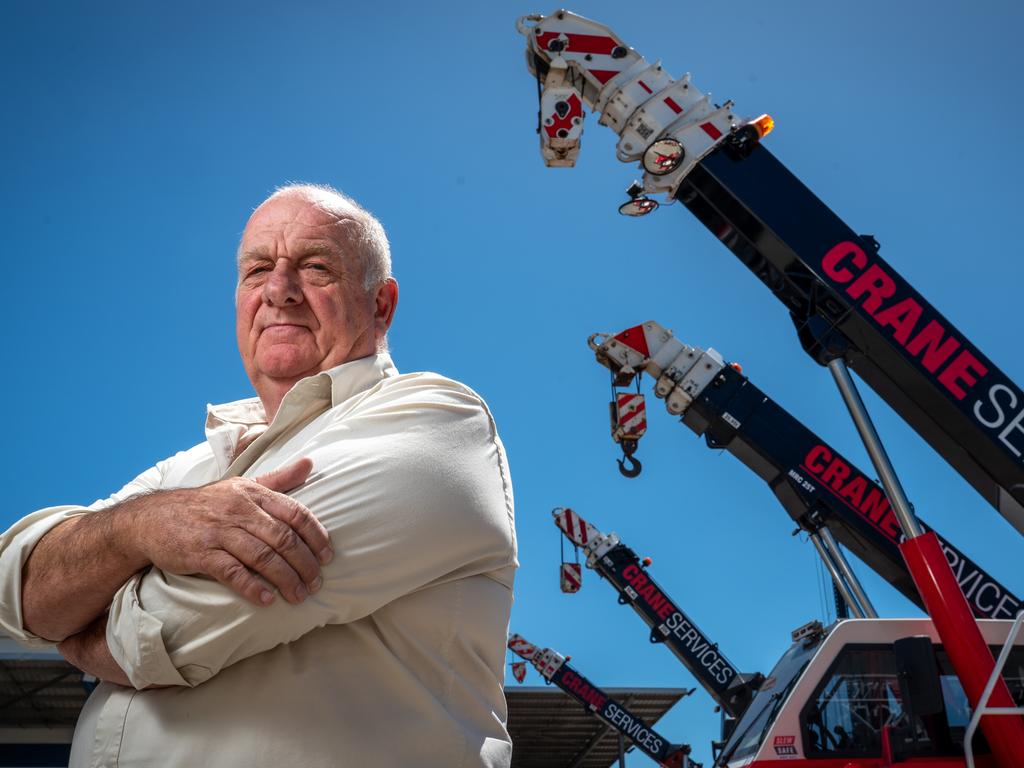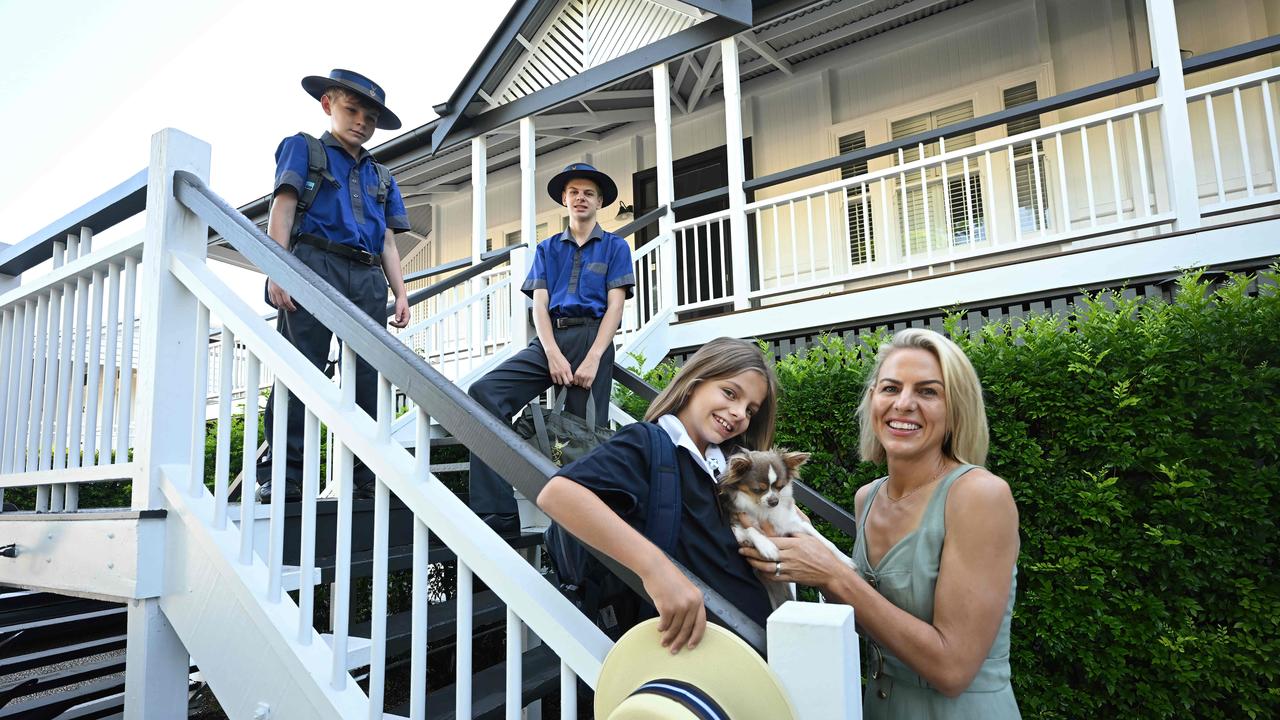CFMEU push for “significant” pay rises
The union want wage increases for thousands of workers to help them tackle skyrocketing inflation and interest rate rises.
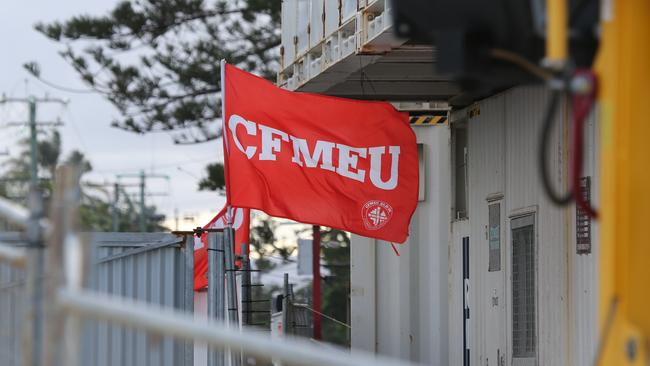
The CFMEU will push for “significant” wage increases for thousands of construction workers and the reinstatement of clauses requiring employers to convert casuals to permanent employment, limit the use of labour hire and engage more apprentices.
In an exclusive interview with The Australian, the incoming national secretary of the CFMEU’s construction and general division, Zach Smith, said workers were facing a “horror show on housing” as the Reserve Bank responded to the “inflationary crisis” by “clobbering” workers with interest rate rises.
The union’s pattern agreements with employers have recently expired in Queensland and will progressively expire in Victoria, Western Australia and NSW over the course of this year.
As the new CFMEU construction division leader laid out building workers’ broad wage objectives, business groups on Sunday said multi-year wage increases tied to current high inflation levels would be an economic “recipe for disaster”.
The CFMEU’s construction division has traditionally been a nation pacesetter for private sector wage increases, securing annual 5 per cent pay rises in commercial construction before the pandemic.
While stating the quantum of the claims had yet to be determined, Mr Smith said “it’s true to say that we’re proud of our role in setting the pace for wage growth in the private sector”. He said “wages do need to rise significantly” and workers were increasingly prepared to take industrial action in support of claims.
“What we are facing is a horror show on housing,” he said. “We have a situation where we have an inflationary crisis. The cost of living is increasing and the factors behind that isn’t wage growth, it’s other factors, including corporate profit taking. And the solution of the Reserve Bank is to clobber people over the head with interest rate increases which disproportionately hit working people.”
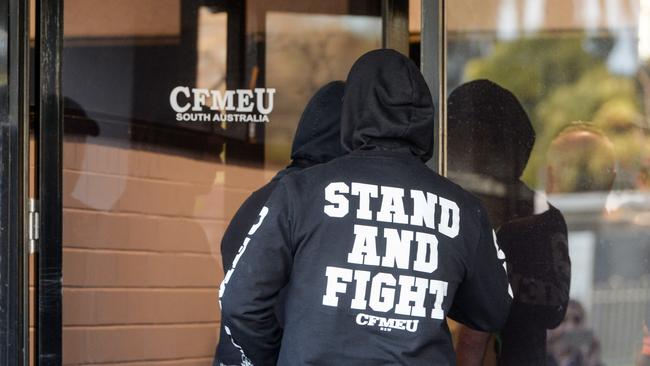
Mr Smith said there was a further interest rate hike anticipated for next month “and we’re not just going to let our members navigate turbulent economic times without pay increases that ensure standards of living improve in this country”.
The Electrical Trades Union last week committed to pursuing annual pay rises of at least 5 per cent in negotiations with employers this year, as union leaders said the 32-year-high inflation rate of 7.8 per cent showed workers remained deep in a cost-of-living crisis.
Australian Industry Group chief executive Innes Willox said it was critical that multi-year enterprise agreements did not lock in future wage increases based on current inflation levels.
“A restrained approach across the economy to prices and wages is the best course of action with inflation such a clear and present danger,” he said. “We want this to be a short inflation spike, not for inflation to become entrenched.”
Australian Chamber of Commerce and Industry chief executive Andrew McKellar said unions pushing for an “inflation-matching wage rise would only risk entrenching higher inflation, meaning more pain for all Australians”.
“With inflation at its highest in more than three decades, the pursuit of excessive wage increases, not backed by productivity gains, is a recipe for disaster,” he said.
Mr Smith said Mr Willox’s comments were “pretty rich”. “Is he advocating for the same modesty at the corporate board table? Is he saying private business or the companies he represents should be more moderate in their profit taking. Yes, there is a cost-of-living crisis but why should it be just workers who bear the brunt?”
In abolishing the Australian Building and Construction Commission, the Albanese government also scrapped the Coalition’s building code which prevented employers from agreeing to insert different clauses into agreements if they wanted to remain eligible for commonwealth building work.
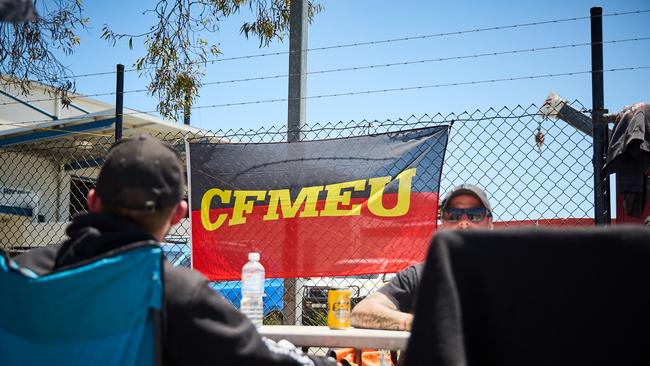
Mr Smith said the union would seek to have the clauses reinserted into agreements during the upcoming bargaining, including clauses that require employers to convert casuals to permanency after a certain number of weeks.
Unions will also push to insert “same job, same pay” clauses into new agreements to remove the financial incentive to engage labour hire en masse at rates below those paid to direct employees. They will also seek to reinstate clauses that see employers commit to engaging one apprentice per number of tradespeople.
Mr Smith said the construction division had not been pleased about being excluded from Labor’s new multi-employer bargaining regime but its main focus had been on getting the ABCC scrapped.
ETU acting national secretary Michael Wright said last week the union’s members were having to deal with a “toxic combination of strong inflation and a decade of wage stagnation”.
“In terms of enterprise bargaining, 3 per cent would have been probably the average sort of result. Four per cent would have been above average and five and up would have been good. We’re seeking good outcomes.”
Mr Wright said while he would “never be an apologist for employers”, it was true that they were facing higher construction costs. He said Australia also needed to “attack the scourge of labour hire if it wants to restore decent wage growth”. Australian Workers Union national secretary Daniel Walton said “we always fight for members’ pay to keep pace with the cost of living”.
“I know there are parties who want to create panic about rising wages,” he said. “The fact is it wasn’t rising wages that gave us this inflation and it’s not fair or necessary to ask the average working person to shoulder the burden of responding via effective pay cuts.”
Mr Willox said a “core risk facing the Australian economy is for inflation to persist, leading to further rises in interest rates and the prospect of recession and associated hardship”.
“Such an outcome would certainly mean fewer jobs and a sharp reversal of the recent progress in reducing unemployment and underemployment,” he said.


